Filling out the USCIS I-864 form, also known as the Affidavit of Support, is a critical step in the process for immigrants seeking to establish permanent residency in the United States through family sponsorship. This document is a legal contract between the sponsor (a U.S. citizen or lawful permanent resident) and the U.S. government, promising financial support to the sponsored immigrant. Unfortunately, many individuals make mistakes when completing this form, which can lead to delays or denials of the application.
One common error is not updating personal information. It is crucial for sponsors to provide current information regarding their address, employment status, and income level. Failure to update these details can result in the U.S. Citizenship and Immigration Services (USCIS) questioning the sponsor's ability to support the immigrant.
Another frequent oversight is incorrectly calculating household size. Sponsors must accurately count not only themselves and the beneficiary but also any dependents and other persons they are currently sponsoring on an I-864 form. Miscounting can lead to an underestimation of the required income level, possibly leading the USCIS to doubt the sponsor's financial capability.
A significant number of applicants fail to include the necessary supporting documents, such as tax returns, W-2s, or 1099 forms. These documents are essential in proving the sponsor's income and ability to support the immigrant. Without them, the USCIS has no basis to believe the financial promises made in the I-864 form are credible.
Some sponsors make the mistake of not signing the form. While this may seem like a minor oversight, a missing signature renders the form incomplete in the eyes of the USCIS, resulting in automatic rejection of the application.
Discrepancies between the I-864 form and supporting documents often lead to complications. For instance, if the income reported on the form does not match the figure provided in the tax documents, it casts doubt on the accuracy of the sponsor's reported finances, and inconsistencies can lead to delays or denials.
Additionally, individuals sometimes select the wrong version of the form. The USCIS frequently updates its forms, including the I-864, and using an outdated version can result in processing delays or outright rejection of the sponsorship application.
A subtle but impactful error is overlooking the need to document the sponsor's citizenship or lawful permanent resident status. Proof of status is essential for establishing the sponsor's eligibility to support an immigrant under this form.
Lastly, many fail to recognize when legal advice is needed. Complex financial situations, such as self-employment or the sponsorship of multiple immigrants, might necessitate professional guidance to ensure the form is filled out correctly. Without such advice, sponsors risk making mistakes that could have been avoided, affecting the overall success of the sponsorship.
By paying close attention to these common pitfalls and ensuring all information is accurate and complete, sponsors can improve the likelihood of a successful I-864 submission, paving the way for their family members' immigration process.
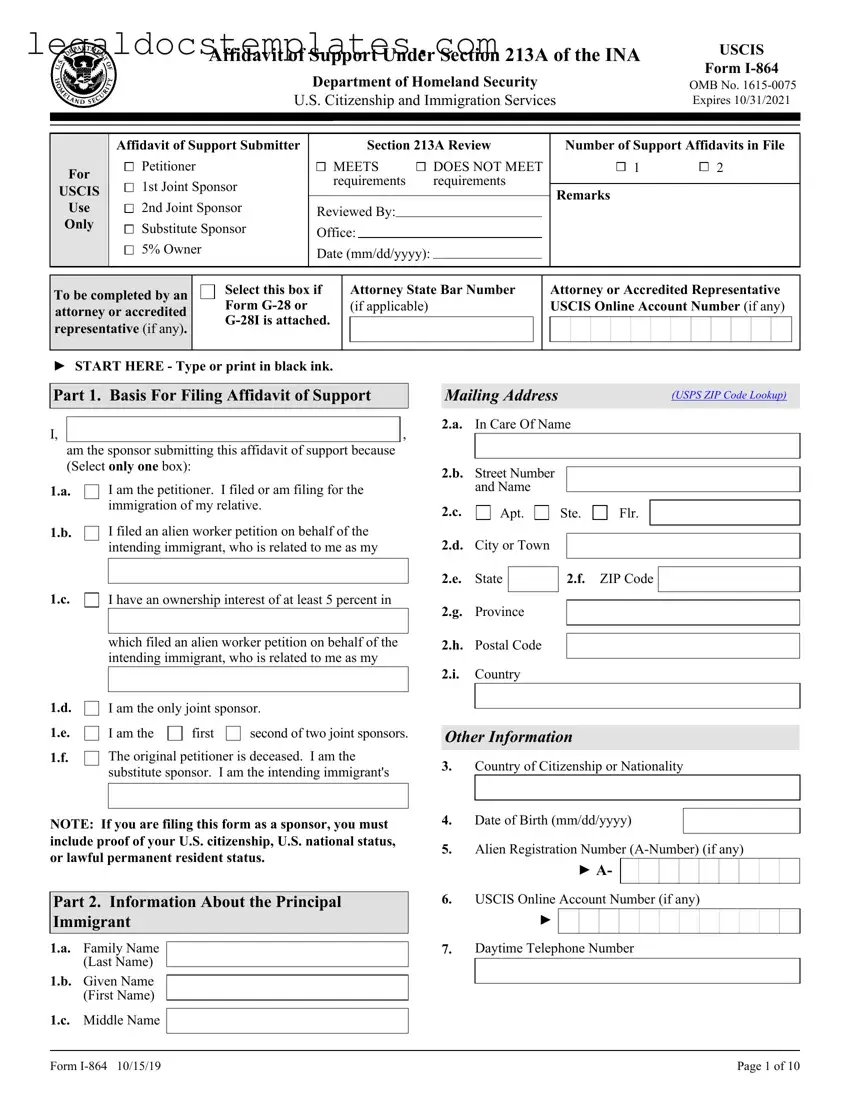



 Petitioner
Petitioner
 1st Joint Sponsor
1st Joint Sponsor
 2nd Joint Sponsor
2nd Joint Sponsor
 Substitute Sponsor
Substitute Sponsor
 5% Owner
5% Owner
 Apt.
Apt. 
 Ste.
Ste. 
 Flr.
Flr.














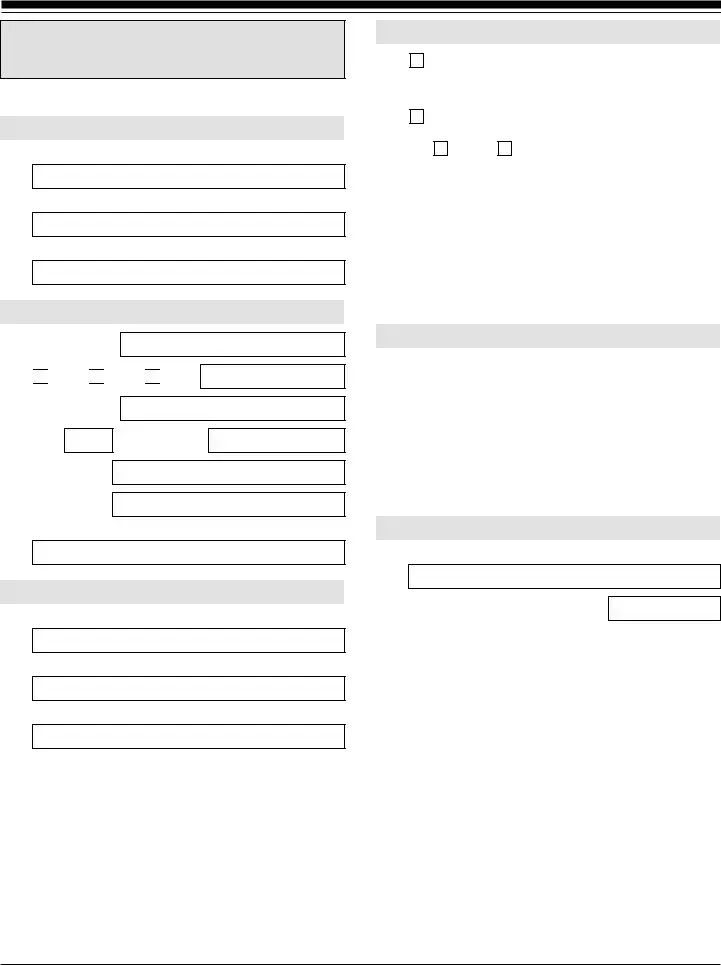










 Apt.
Apt. 
 Ste.
Ste. 
 Flr.
Flr.
 Apt.
Apt. 
 Ste.
Ste. 
 Flr.
Flr.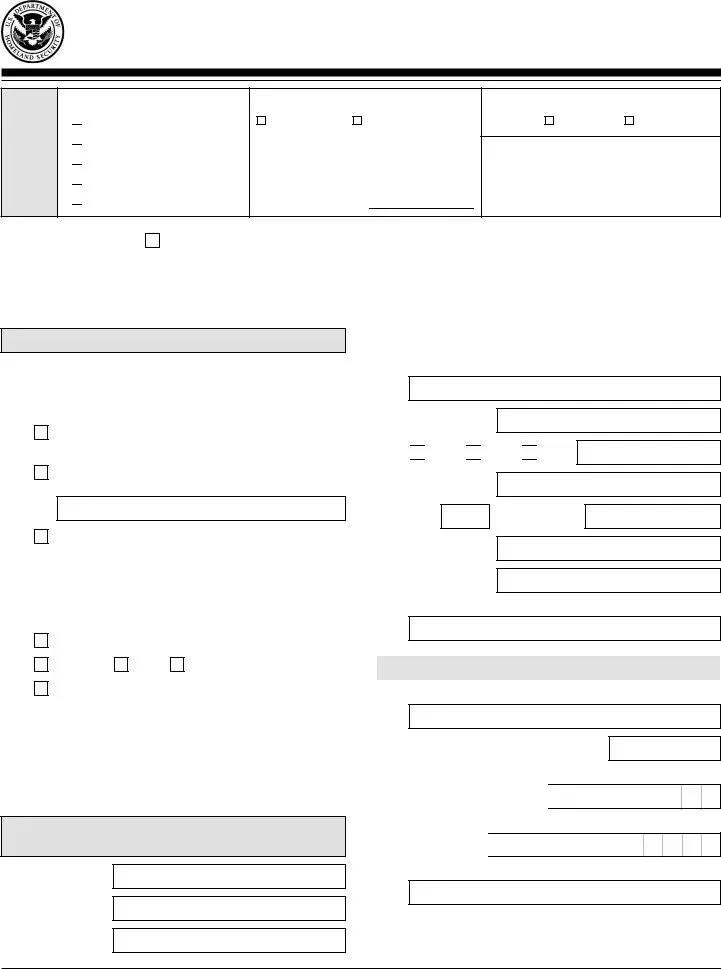
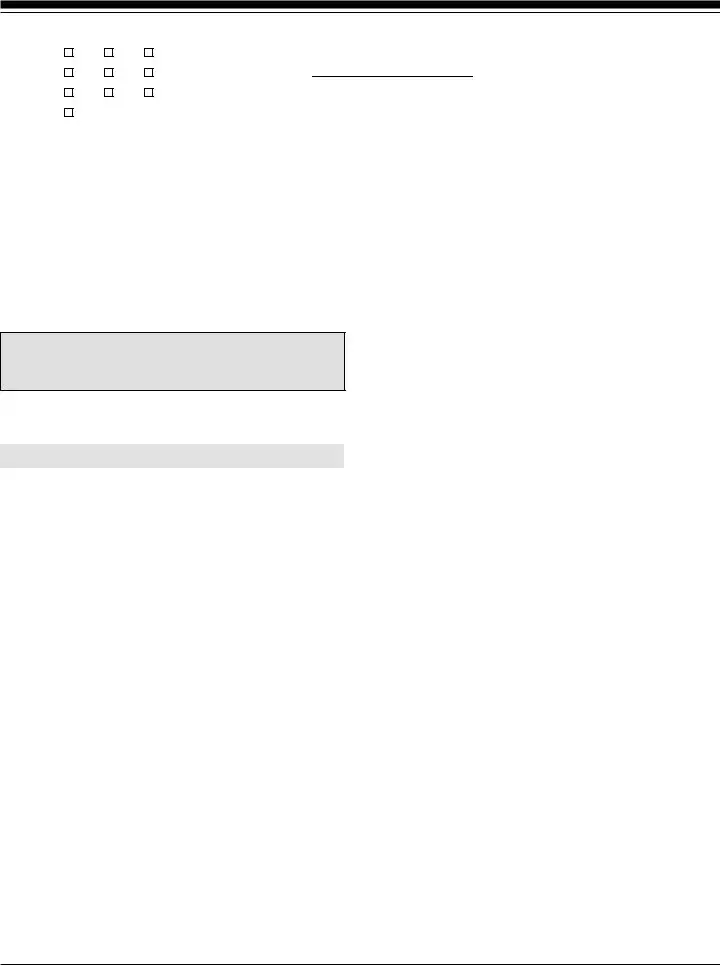

 1
1 
 2
2  3
3
 4
4 
 5
5  6
6
 7
7 
 8
8  9
9
 Other
Other
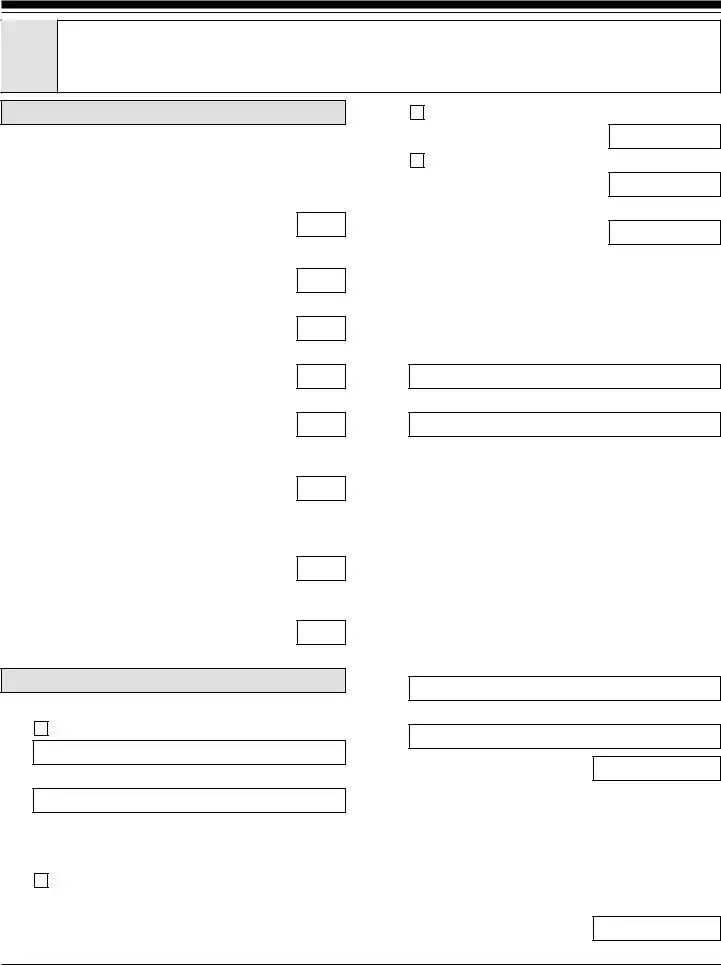
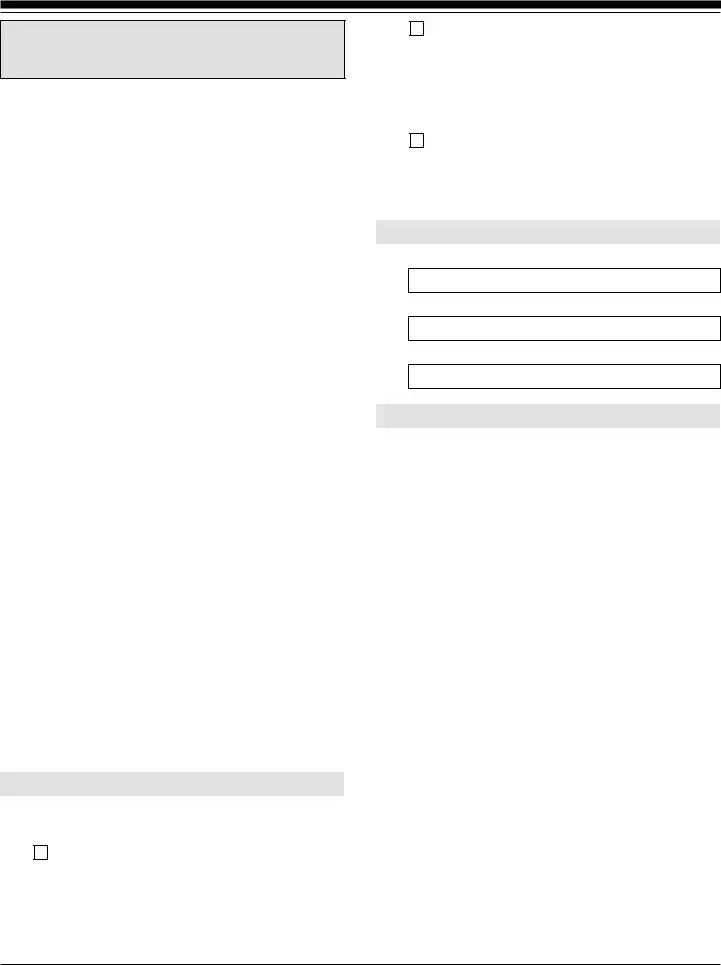

 Apt.
Apt. 
 Ste.
Ste. 
 Flr.
Flr.

 Apt.
Apt. 
 Ste.
Ste. 
 Flr.
Flr.